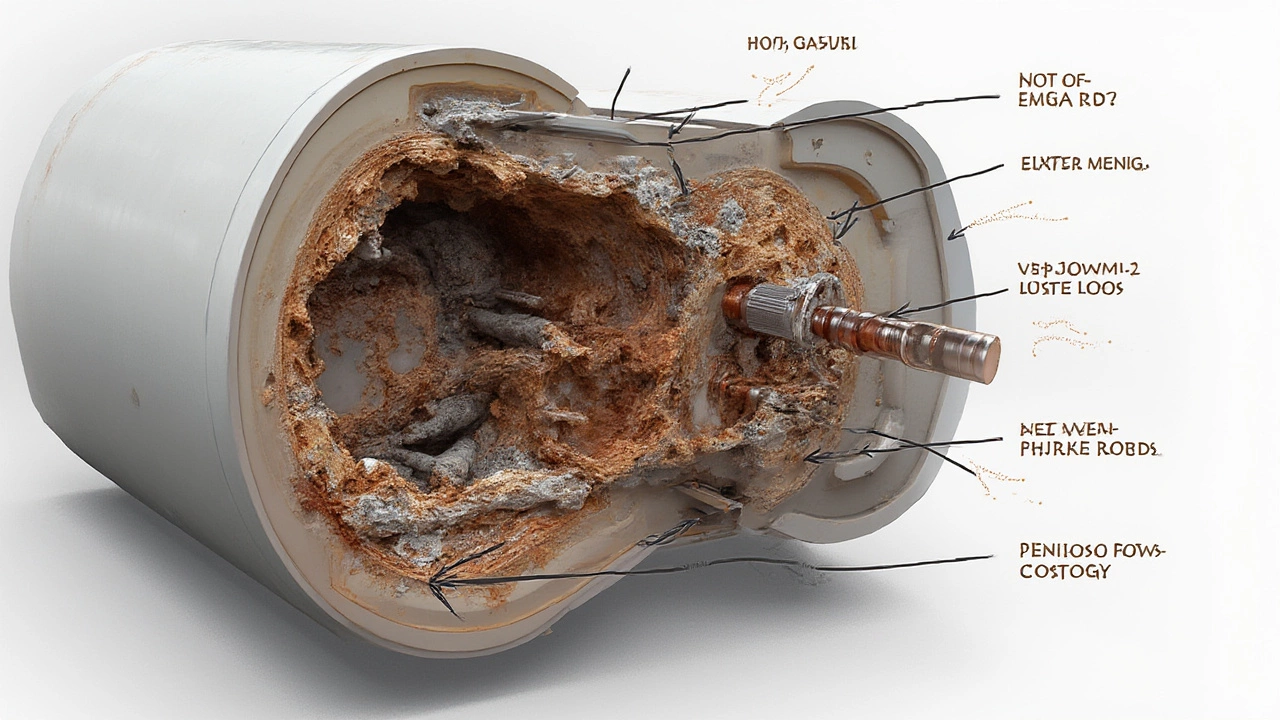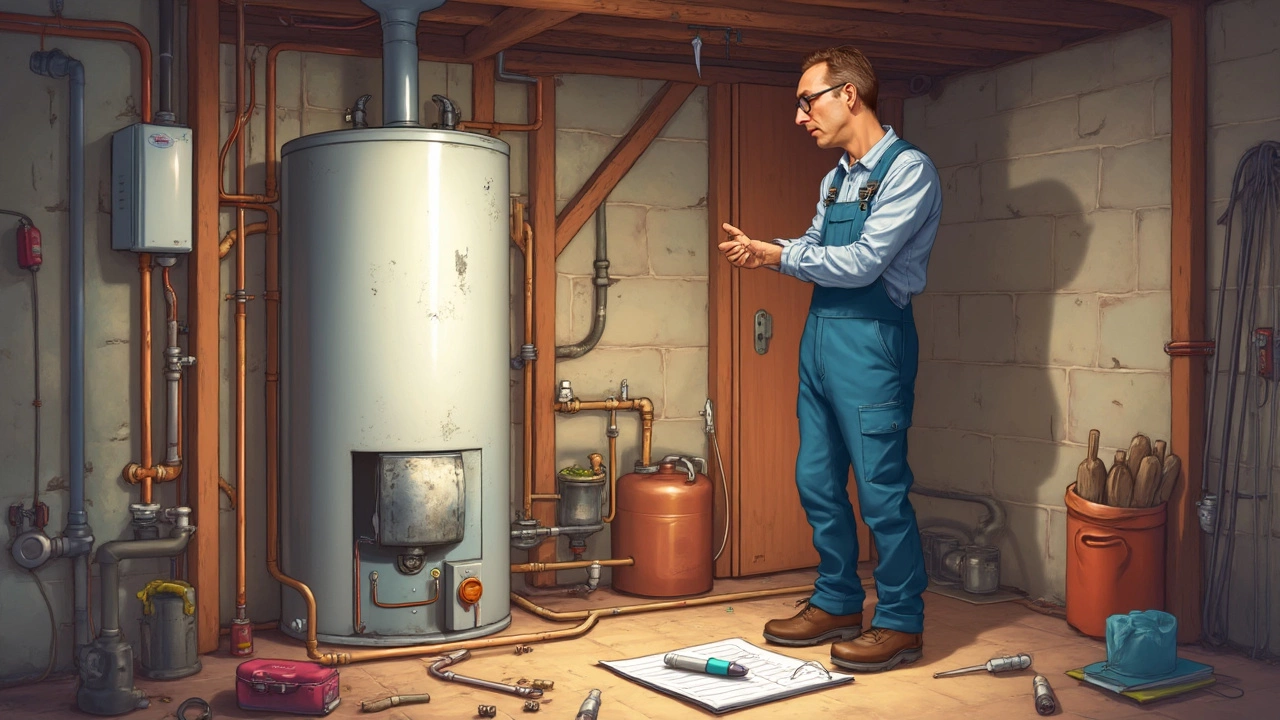Got a water heater tank that’s acting up? You’re not alone. Most folks only think about it when the hot water stops, but a few easy steps can keep the tank healthy for years. Below you’ll find the top things to check, how to flush out sediment, when a reset is needed, and signs that a pro should step in.
Every few years the bottom of a tank fills with mineral grit from hard water. That sediment makes the heater work harder, raises your energy bill and can cause noisy boiling noises. If you hear rumbling or notice a drop in hot‑water output, it’s time to flush.
Here’s a quick walk‑through:
Do this every 12‑24 months if you have hard water, or at least once a few years for softer water.
Many electric water heaters have a reset button on the thermostat. If the heater trips the high‑limit switch, you’ll see no hot water and a flashing indicator.
Before you reach for the circuit breaker, try pressing the reset button first. Press it firmly; if it stays in, the heater should restart. If it pops back out, the issue is more serious – likely a faulty thermostat, heating element, or a wiring problem. In that case, call a qualified technician.
For gas tanks, the reset process involves turning the gas control knob to “Pilot” and holding the reset button while the pilot light lights. If the flame goes out, you may have a gas supply problem or a dirty pilot assembly that needs cleaning.
Remember, safety first. If you smell gas or see any sparks, shut off the gas supply and call a professional.
Beyond flushing and resetting, keep an eye on these warning signs:
Any of these could mean the tank’s anode rod is corroded, the tank is near the end of its life, or a component has failed. Replacing an anode rod is a cheap DIY fix for many homes, but if you’re not comfortable working with water and electricity, it’s smarter to call a pro.
When in doubt, a quick call to Taunton Appliance Repair Solutions can save you time and money. Their technicians know water heater tanks inside out, can do a thorough inspection, and will give you a clear cost estimate before any work starts.
Bottom line: regular flushing, a simple reset when the heater trips, and watching for leaks or odd noises will keep your water heater tank humming. Stay on top of maintenance and you’ll enjoy steady hot water without surprise breakdowns.
Posted by
Orin Trask
0 Comments

Find out what usually breaks on a water heater, why failures happen, and practical steps you can take to fix and extend the life of your hot water system.
read morePosted by
Orin Trask
0 Comments

Water heaters always fail in the same spots: tank bottoms and fittings. Learn exactly where, why, and how to prevent disasters with down-to-earth tips anyone can follow.
read more